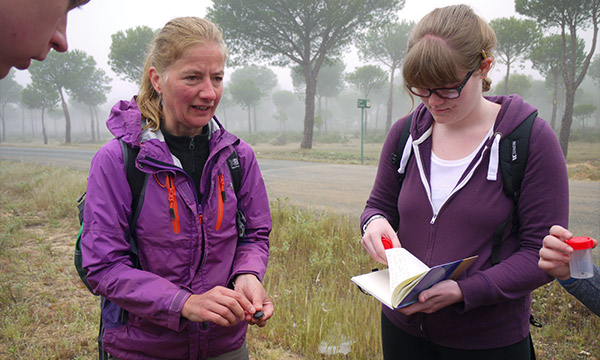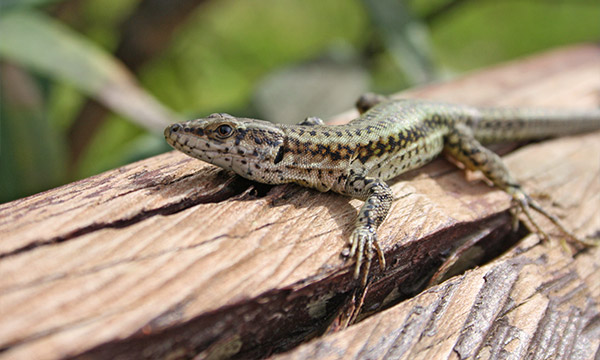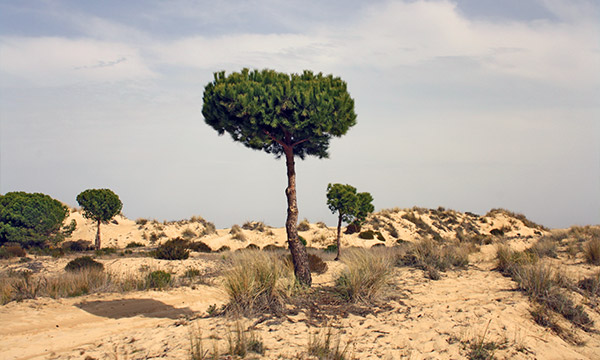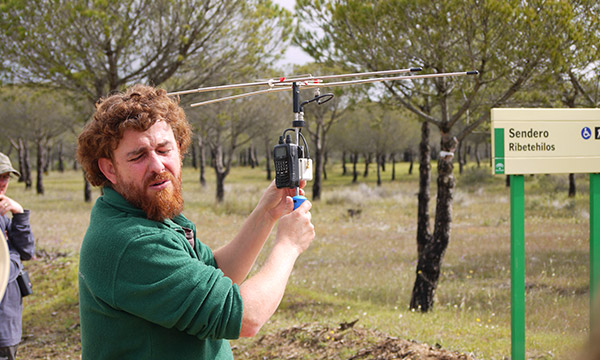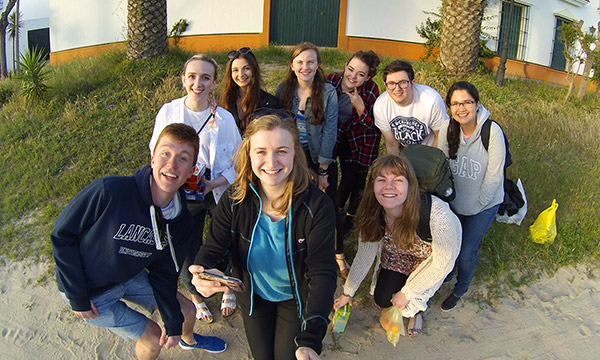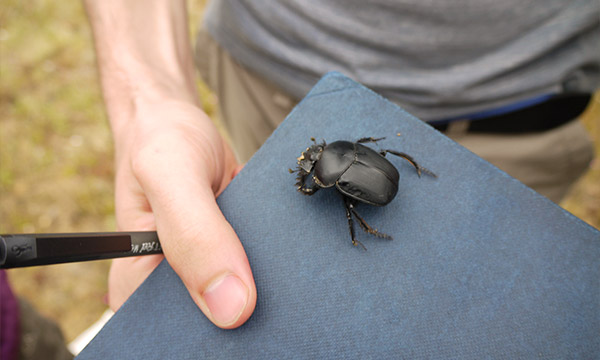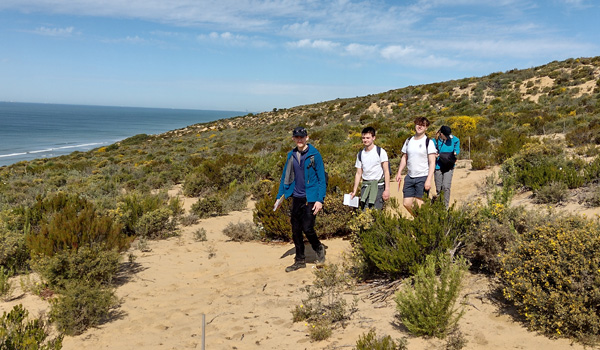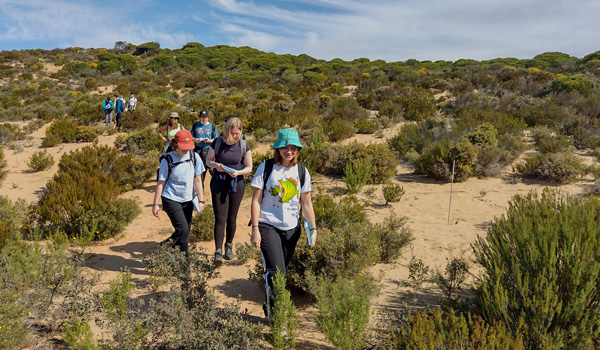
Spain
Doñana National Park, situated in southern Spain, is a place of huge ecological importance. Within these wetlands, there are a huge diversity of habitats and organisms, from lagoons and pine groves to marshland and sand dunes. It is home to a range of endangered flora and fauna, such as the Iberian Lynx, the Spanish imperial eagle, and the Maritime Juniper.
Over the course of this field trip, you'll get the opportunity to put your field skills into practice through the identification, observation, and recording of a wide variety of plants, invertebrates, and birds, keeping a field notebook for the duration of the trip to catalogue your observations.
This week-long field trip aims to equip you with a host of skills essential to the biological and environmental sciences, including:
- How to describe habitats and the species that live in them
- Carrying out sampling procedures for organisms
- Describing the distribution and abundance of organisms within a habitat
- Indicating how human activities can impact biological communities, and what we can do to conserve these communities
- How to carry out fieldwork in a safe manner
Available on the following degrees
Biological Sciences
- Biology BSc Hons: C100
- Biology MSci Hons: 1M66
- Biology (Placement Year) BSc Hons: C104
- Biology (Study Abroad) BSc Hons: C105
Ecology and Conservation
Disclaimer
Please note that the capacity of residential field courses is limited and that there may be a selection process for these modules, so you may not be guaranteed a place on all modules.


